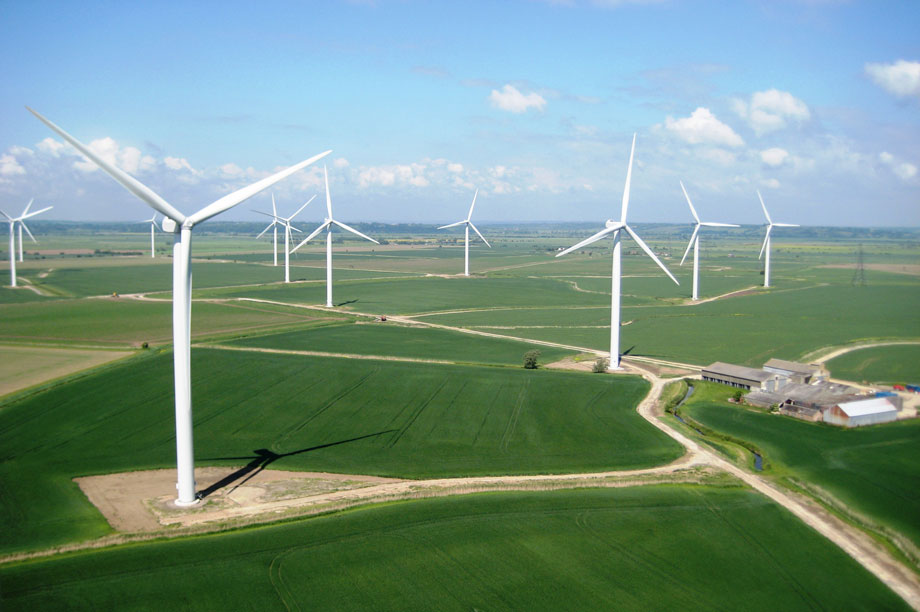The changes involve the reform of current permitting laws under which any project over 50MW installed capacity is decided at national level. This will allow local communities to have a say in all developments in their area.
With permitting of onshore wind farms England having already halved since the current coalition government has been in power, Ecotricity founder Dale Vince described the latest changes as evidence of the "least green UK government ever".
Vince told ìuÂXò‰ä ò∑≥« that he agreed with trade body RenewableUK's claims that the government's recommendation for developers to raise the level of incentive payments made to local communities from £1,000 (EUR 1,200) to £5,000 a year for every megawatt installed for the life of a project would make some future projects "unviable".
He added that while presented as a mere recommendation, developers faced little prospect of having their projects approved if they failed to offer the full incentive payment.
"The £5,000 is supposedly voluntary, but with the current £1,000 when you get to planning they want to know "will you be adhering to the code", and if not you will be marked down on your application," said Vince.
"So though voluntary, it will be obligatory in practical terms. With these changes you will have fewer projects getting through planning and those that do face paying large incentives to locals which could threaten their financial viability."
However, RES development director Rachel Ruffle argued that any projects threatened financially by the incentive changes, which only apply to new projects, "would have to be pretty marginal in the first place".
Ruffle said the greater community engagement in the permitting process and increased incentive payments that will result from the changes, due to be implemented by the end of the year, were a price the industry had to be willing to pay if it wanted a long term future.
"If you want a sustainable business, you want communities to welcome them and receive some benefit," said Ruffle.
"In the long term will be industry's benefit. These projects will be felt to be part of the community."
Precedent
Ruffle added that most "reputable" developers already commit much more than the currently recommended £1,000 per megawatt, with RES itself already offering the full £5,000. This is split between £2,000 for community facilities and £3,000 towards cutting customers' fuel bills.
Indeed, RES's Meikle Carewe wind farm near Aberdeen, was cited as an example of best practice by the Department for Energy and Climate Change (Decc) in its announcment of the changes for offering local residents £122 off their annual electricity bills.
However, Vince argued that such high levels of incentive are possible in Scotland, where there is a better wind resource, and should not be forced on developers in England.
"I have heard it being done in Scotland, but you get twice the amount of energy per megawatt there, so it is affordable. But down in England there's less – it should be horses for courses."

.png)


.png)










